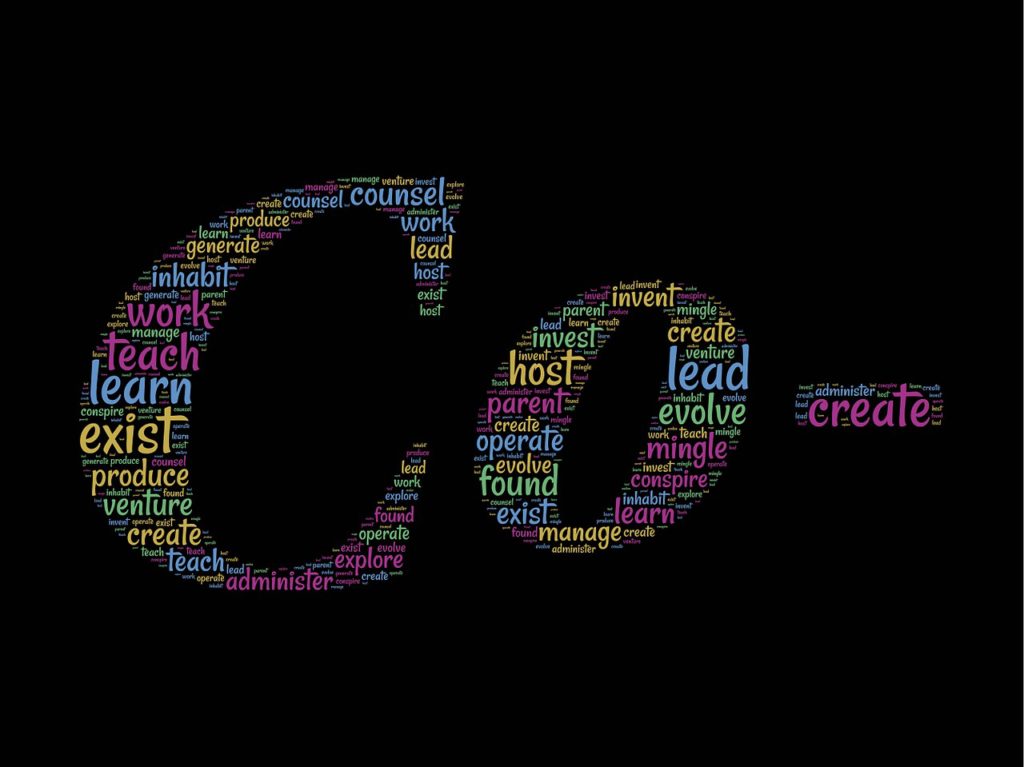
photo credit: Wonder woman0731 School Poster Integrity is doing via photopin (license)
OK, that’s probably the wrong question.
Let’s take a closer look at the word integrity. Since integrity comes from the word integer and means “whole”…a better question would be “Do you live with integrity?”
Integrity means “sound and complete.” To the extent that a person’s ethics (defined standard of right and wrong, good and evil—what you say) and morality (lived standard of right and wrong, good and evil—what you do) are integrated, they have integrity.
There are a few other ways to define integrity:
- Webster defines the word as the “quality of being honest and having strong moral principles; moral uprightness.”
- A kid-friendly definition says “doing the right thing when nobody is watching.”
- The Bible points to a consistency between what is inside and what is outside, between belief and behavior, our words and our ways, our attitudes and our actions, our values and our practice.
The bottom line is that integrity is a powerful word that needs respect…it is a life skill composed of many other powerful life skills — patience, honesty, responsibility, dependability, accountability, and caring…to name a few.
If we let our personal commitment to integrity show in what we do during the day, every day…we’ll become a leader others will eagerly follow. Let’s learn from two Old Testament leaders who demonstrated integrity: Samuel and David.
Click here to continue

